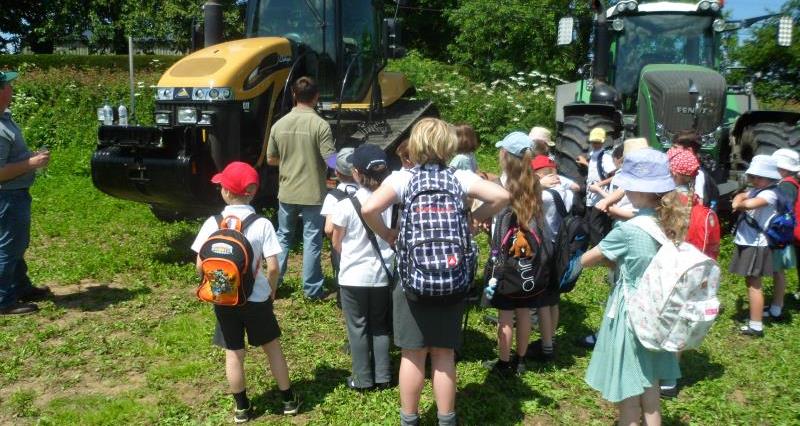QUICK LINKS: Gary Richardson | Janet Hickinbottom | Sophie Green | Dean Holland | Dan Corlett | David Thompson | Annabel Shackleton | Tom Price
Gary Richardson, Countryside Learning

Don't start with what you think you can't do. Start with what you want to do and design your programme around that.
The Visit My Farm Code is set up to offer proportionate solutions to everything from basic best practice to practicable solutions to deliver safe and enjoyable farm visits.
Start with animal contact areas with clear signage ensuring all of your visitors are aware of what is expected of them and the systems you have put in place to ensure their visit is a safe, educational and enjoyable one.
Janet Hickinbottom MBE, Farming and Countryside Education (FACE)

Provide the risk assessment for your farm/location but make sure teachers understand they have to do their own risk assessment based on their knowledge of their pupils and the risks associated with those particular children and how they might react outside the school environment.
Sophie Green, Open Farm Manager, Stockley Farm Park
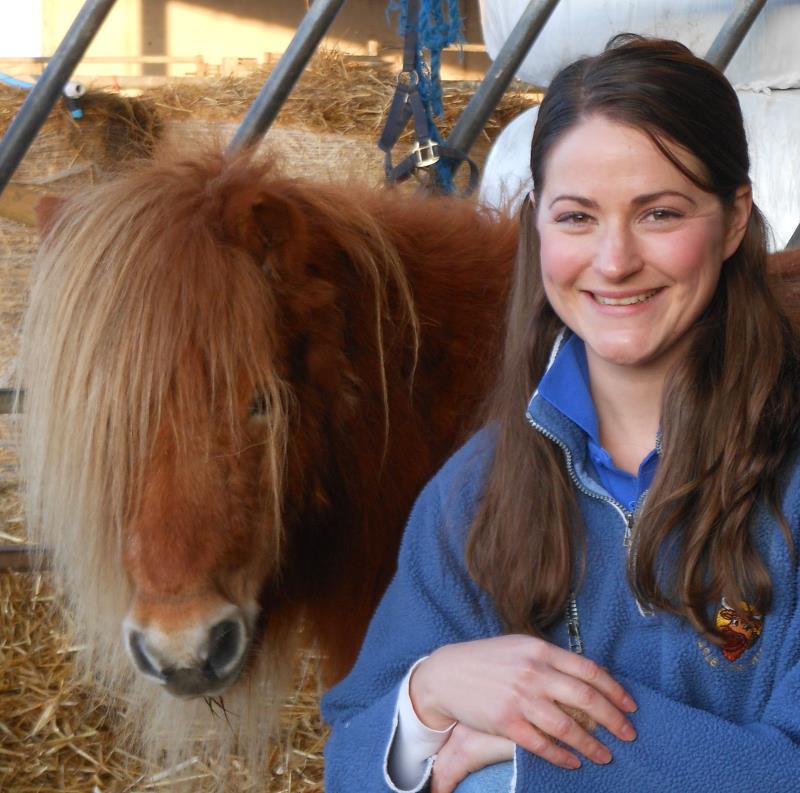
Health and safety is exceptionally important but can be rather a dry subject for children visiting your farm.
Try using fun and interactive methods that give children the tools to manage their own risk by putting them in charge of monitoring key health and safety points. For example, rather than telling the children to stay together and not to wander off, make them responsible for keeping an eye on their adults so that they (the adults) don't get lost.
Setting challenges such as 'who has the sparkliest hands' when hand washing also promotes 'healthy' competition! By telling children what they can rather than what they can't do, it creates a more positive, pro-active approach.
Dean Holland, Farms for City Children

Your biggest allies in offering a safe farm visit are common sense and preparation. It isn’t rocket science.
Plan the visit carefully, manage the risks and take action if you feel things aren’t going well. It’s about acting responsibly.
As well as the essential hand washing, research shows that the welfare of animals is important too. The stock on show should be healthy, relaxed and housed in clean dry surroundings.
If you are welcoming groups of children to your farm, the teacher or leader accompanying them will be key to a safe visit. Before the day, make sure that they are familiar with your plans and that you know what type of group they are bringing with them.
Read more advice about farm visits on NFUonline...
- Advice: Opening up your farm to the public
- Farm visits and safety
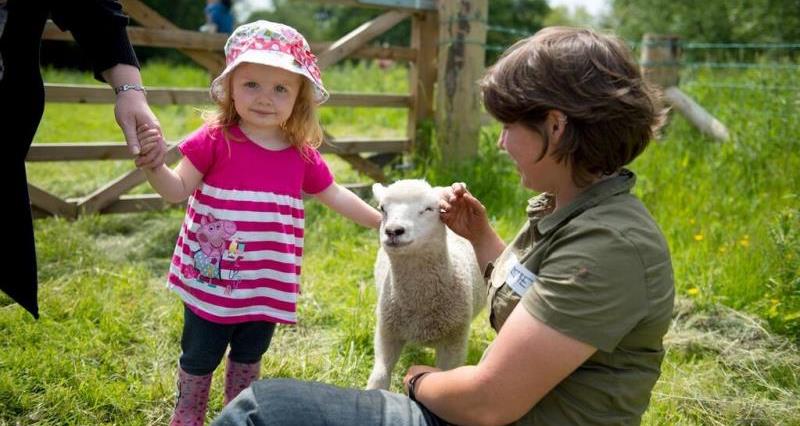
Dan Corlett, Farming and Countryside Education (FACE)

Walk through the site with the eyes of a child. What are the things they will want to jump in, climb, or grab hold of? And for younger ones, what might they try putting in their mouths?!
Make an assessment of whether the visit needs to avoid, manage or embrace these things. If you are unsure, maybe ask a parent of young children to accompany you.
David Thompson, Country Trust
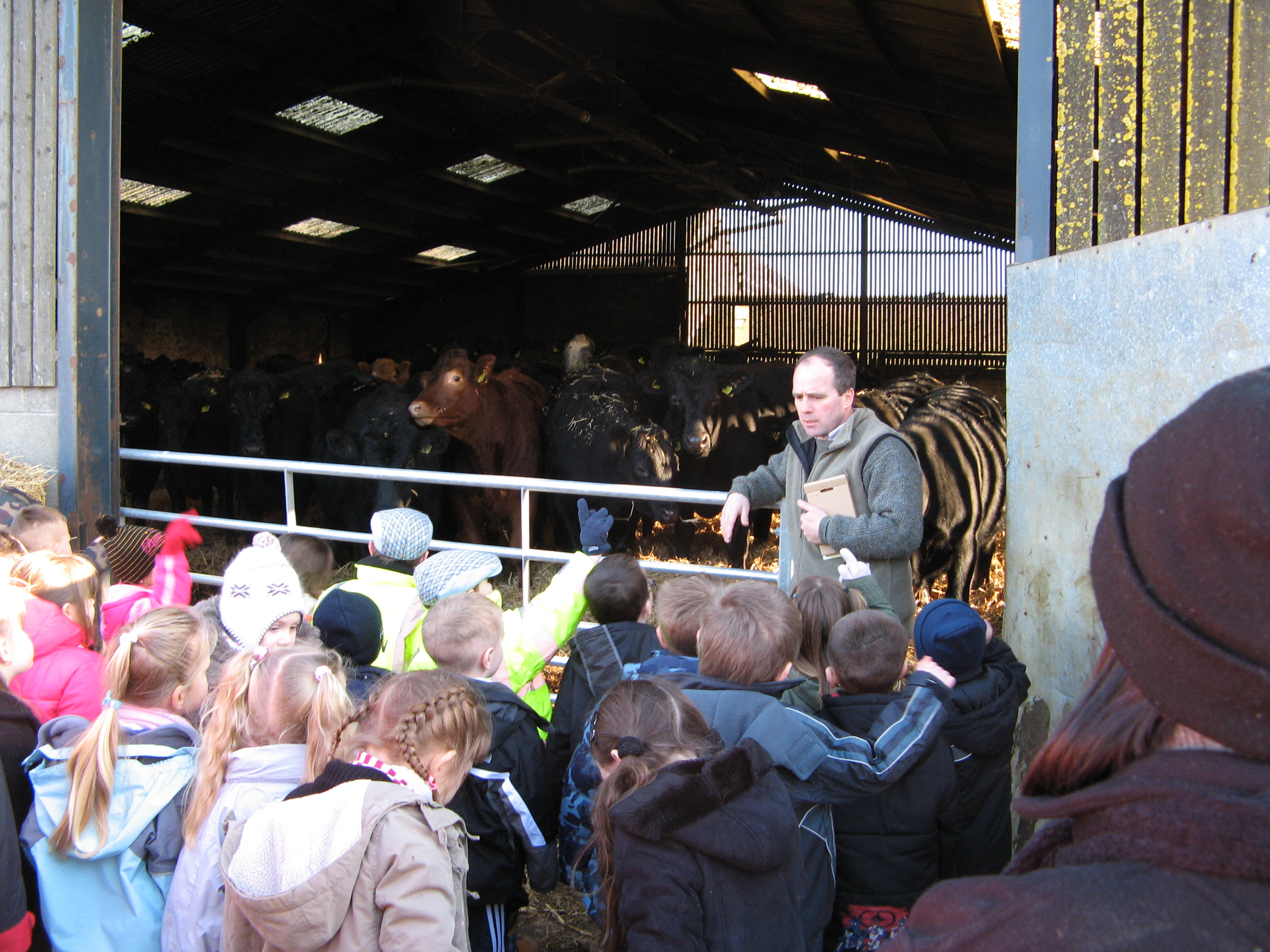
School visits to livestock farms can be very rewarding for both the children and the host farmer. There is a real sense of awe and wonder when children get close to livestock, and realise how big they really are. They are fascinated by all the things farmers take for granted, the daily tasks involved in keeping animals such as feeding, health care, milking, lambing time, etc.
Such visits contain experiences that children will remember for a very long time, and are definitely worth the time spent making sure that all reasonable precautions have been put in place to ensure that children and adults visiting the farm remain safe and healthy.
There are some health & safety issues to consider when planning such a visit:
- Hygiene: A thorough hand wash (with running water, liquid soap and paper towels) is required after touching animals, gates, etc, before eating food.
- Where to eat packed lunches? Outdoor areas for eating packed lunches must have been clear of animals for at least three weeks. If indoors, eating packed lunches in a shed that has been used for animal housing is not acceptable unless it has been thoroughly washed out and disinfected.
- Plan the visit to avoid the risk of injury from large animals; for example do not go in the field or pen with cows and calves, bulls, etc.
- Be aware of zoonoses (a disease which can be transmitted to humans from animals), for example orf & ring worm. If animals are infected do not stroke or touch gates, etc. If lambs have been vaccinated within the last eight weeks they will be infectious, therefore do not touch. See the advice here and here.
- Also be aware that pregnant visitors attending a visit to a farm where sheep, cows or goats are giving birth may risk their own health, and that of their unborn child, from infections that such animals can carry. Read the government advice here.
Annabel Shackleton, LEAF (Linking Environment And Farming)
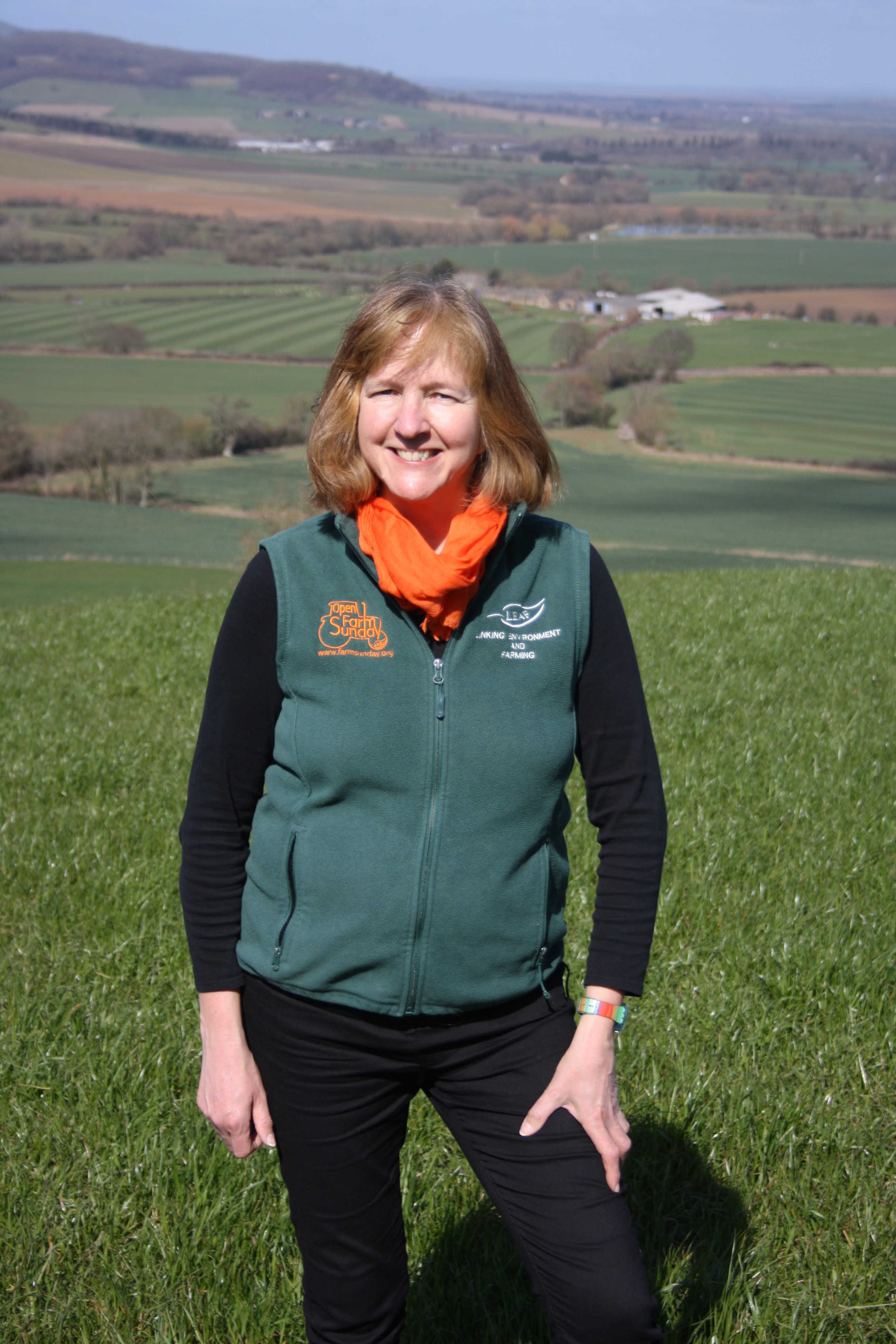
For farmers hosting events such as for LEAF Open Farm Sunday, ensure that you have plenty of helpers - especially to supervise animal contact areas and hand washing.
Fully brief them on health and safety requirements. Do not allow visitors to kiss animals or allow animals to lick visitor’s faces! Do not allow smoking or eating in contact areas – look out for sweets and dummies (if dropped a dummy will need sterilising).
Make sure all visitors wash their hands thoroughly with liquid soap, running water and paper towels straight after touching animals or fences. Encourage visitors to wash hands, boots, shoes, prams, etc, after visiting.

You don’t have to reinvent the wheel every time you have an issue.
There is a wealth of advice already out there and available from the HSE, FACE, and the NFU. Look online or pick up the phone.
NFU members can ring Call First on 0370 845 8458.
